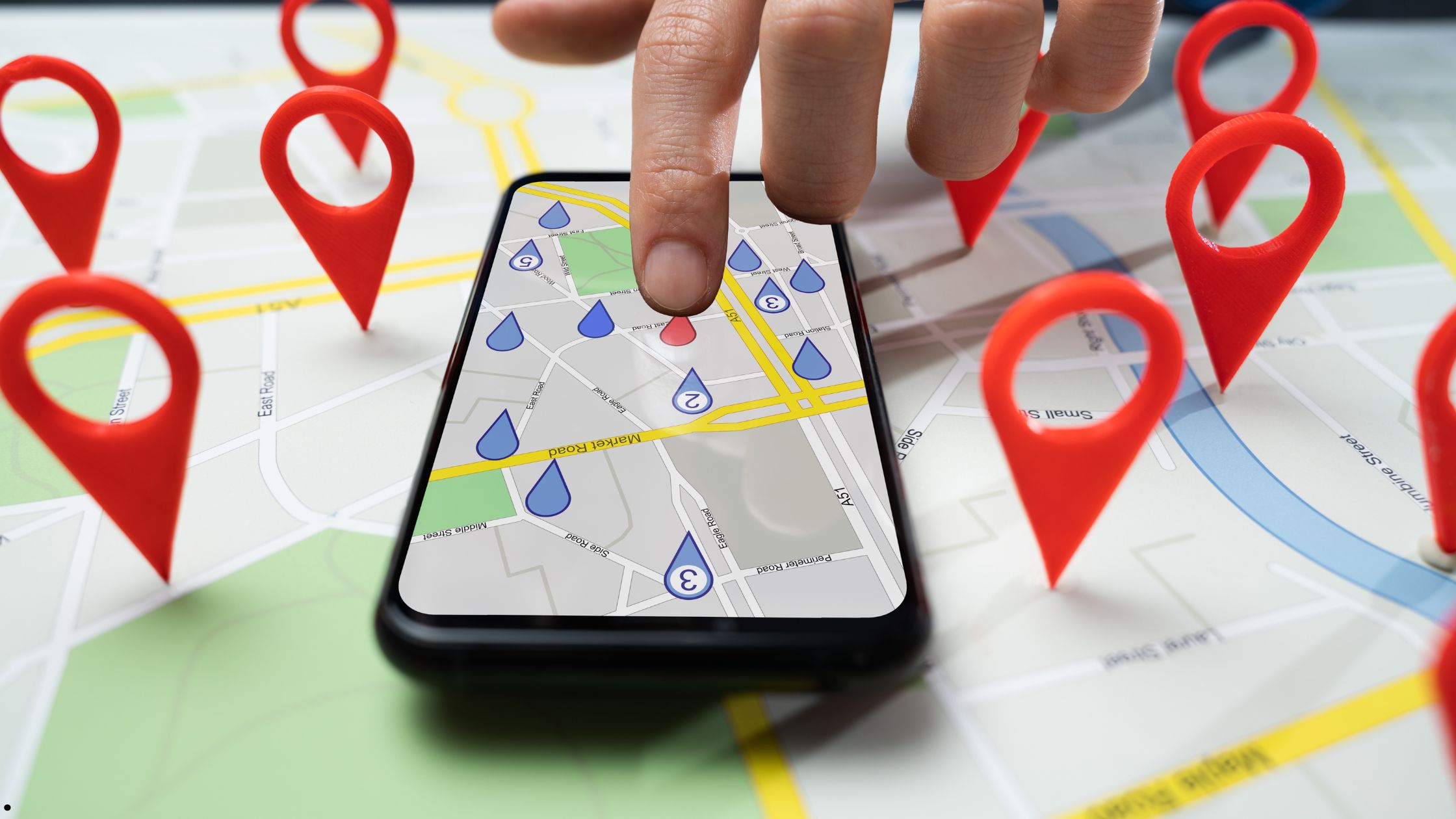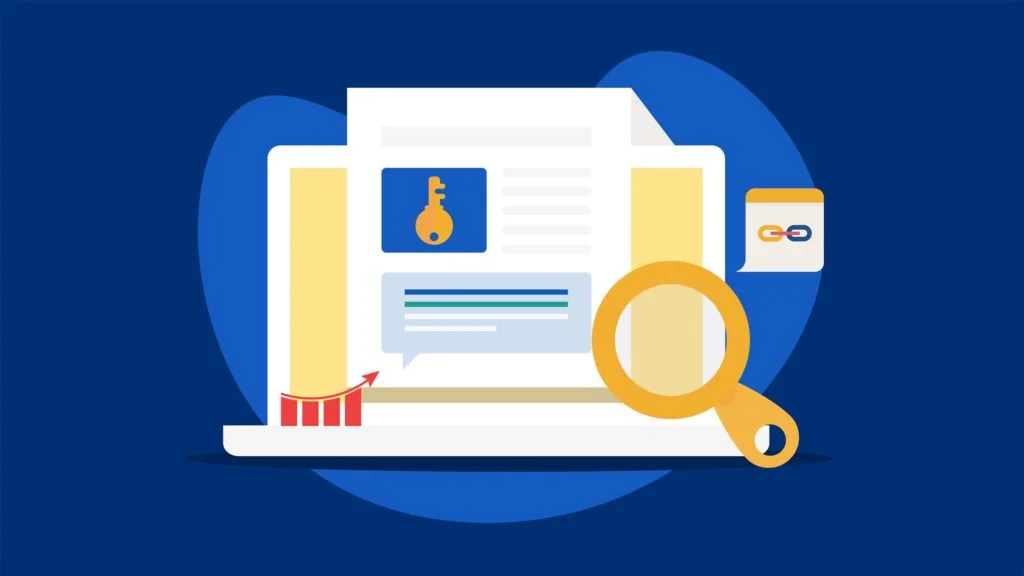And just as the constantly evolving world of internet marketing, there is one thing that will never be out of style i.e keyword research. Blogging, site optimization, building an internet...
Your Guide To Dominating Local Search Marketing
Everything you need to know about our Company Read MoreFor marketers, it might feel like the ground is shifting beneath their feet because of the many developments in the search field. Since Google’s latest announcement of releasing AI overviews to users across the U.S., in addition to OpenAI’s release of GPT-4, there are many things to watch. How will these changes affect search results? Is there a need to change the approach to searches?The answers are here, plus more! This guide will discuss five ways to improve online local visibility. Keep on reading to learn more.
5 Ways To Improve Online Visibility
Now that marketers know the evolution of search in recent years and how important local SEO is, they can look into five local SEO strategies businesses can employ to increase their website’s visibility.
-
Claim & Optimize Local Listings
Local listings are web-based listings for local companies. They are displayed in local directories and platforms like Google, Apple Maps, Yelp, Bing, and Facebook.
To boost visibility and ensure Google and other search engines see their businesses, companies must claim local listings on all major local directories and remove duplicate listings.
Furthermore, precise and consistent information must be provided for every listing. At a minimum, local listings should contain the following details:
- Name, address, and phone number (NAP).
- Categories for the business (Example: Sushi restaurant).
- Hours of operation, particularly during major holidays and other important events when the business may be closed.
- Products and services offered by the business.
- Links to the company’s website and social media accounts.
- Attributes (Example: Curbside pickup or wheelchair-accessible seating).
- HD videos and photos.
Once local listings have been optimized, attention can turn to creating local pages.
-
Create Local Pages For Each Location
The local page, also called the local landing page, is created for a specific store or franchisee. It’s similar to local listings but is hosted on the company’s website instead of an external directory like Yelp or Google.
A multi-location business may contain dozens or hundreds of local pages, each with specific information regarding the location and the area surrounding it.
Local pages should include most of the information found in local listings. However, they are also high-conversion pages. Therefore, they should consist of calls to action (CTAs) like “order now” buttons or promotions on sales and discounts.
Well-designed and optimized local pages can help a business rank high in local search outcomes. More prominent rankings can lead to greater conversions and more business!
-
Leverage A Store Locator
Store locators are similar to local pages. They are web pages that list all the local stores and third-party retailers offering the company’s goods.
Store locators assist users in navigating their customer journey by providing helpful information about locations and unique information regarding each shop. They help customers buy online and contact or visit stores in their area.
Optimized and compatible store locators and local pages can boost:
- Local search results.
- Online conversions and website traffic.
- Analytics, such as where people are searching and where they are located.
-
Implement An Online Reputation Management Strategy
Although managing reputation may not be the first thing companies consider when considering improving their online presence, they may be pleasantly surprised. According to expert SEOs in the area, the number of Google reviews is the sixth-highest ranking factor in Google’s local search pack and locator. Additionally, the amount of native Google reviews (with written text) ranks eighth as a ranking factor.
The quality and quantity of reviews not only affect local search results but can also impact conversion rates. Based on findings from the State of Google Reviews research report, an increase in star ratings on a Google Business Profile (GBP) correlates with a 44 percent improvement in conversions.
To boost a company’s reputation management strategy, it’s essential to collect many more positive reviews:
- Respond to posted reviews with a personal touch to show appreciation for customers’ opinions.
- Use social media platforms to encourage customers to provide feedback, ratings, and reviews.
- Make it easy for people to leave reviews! Include hyperlinks to the GBP on the website and in emails.
- Review feedback from customers and adjust strategies accordingly.
-
Create Unique Content
Creating locally specific material for local websites, pages, and listings is crucial. Companies must ensure that the localization of their material is optimized and targeted to specific areas.
For instance, if a site aims for the phrase “sporting goods store Seattle,” URLs, titles, descriptions, and headings should be modified to include local keywords.
Additionally, local imagery, such as store photos and products, should be utilized. Incorporating geo-targeted descriptions, meta tags, alternate texts, and descriptions within images is essential.
Local content a brand could produce includes, but is not limited to:
- Blogs.
- Surveys.
- Infographics.
- Whitepapers.
- Social media content.
- Neighborhood guides.
- User-generated content (UGC).
How Media Feathers Can Help
Once companies understand the factors contributing to creating an effective plan for local searches, they are ready to improve their brand’s visibility.
Marketers know the importance of search marketing; however, creating a strategy to implement it on a large scale is often easier said than done.
This is where Media Feathers comes in! We ensure that multi-location companies rank highly in local searches and social media platforms. We can create engaging content and manage each location’s online reputation.







Leave a Reply